A representative of Vietnam Social Security said they are making efforts to handle and will learn from experience in management and supervision after the case of 4,240 individual business owners having their insurance collected against regulations.
On May 27, Mr. Duong Van Hao, Head of the Collection - Book and Card Management Department of Vietnam Social Security, answered VnExpress about the cause, responsibility, and handling direction after the case of illegal collection of social insurance (SI) from business owners from 2003 to 2021.
- Why are individual business owners who are not subject to mandatory social insurance payments still being collected incorrectly by the Social Insurance agencies of 54 provinces and cities for up to 18 years?
- Retirement for the elderly is now normal when millions of people are enjoying it, but a few decades ago it was very difficult. The previous policy only applied to civil servants, state employees, and salaried workers, so many people outside this category wanted to participate to receive pensions but could not.
After 1994, the economy gradually opened up, and labor relations also arose. Business households created jobs but were still not on par with state-owned workers because they were not yet entitled to social insurance to receive pensions. In 2003, Decree 01 was issued, bringing many groups into the compulsory social insurance category, including individual business households (owners of individual business households were not subject to compulsory social insurance because they did not have contracts and were not paid salaries).
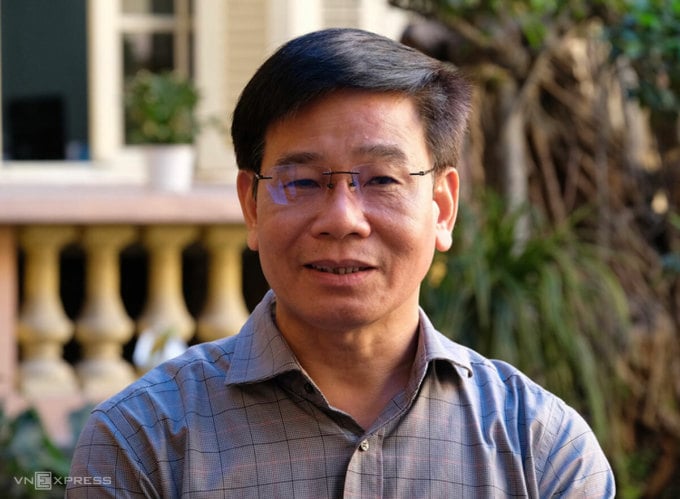
Mr. Duong Van Hao, Head of Tax and Book Management Department, Vietnam Social Security. Photo: Gia Doan
The social insurance management model is divided into three levels: central, provincial and district; the district-level social insurance agency is assigned to directly collect. The target of expanding the number of participants at that time was not a pressure for the industry, but it was also impossible to review each application submitted; the payer had to declare it himself, take responsibility for it, and the social insurance agency would conduct post-audit.
The majority of household owners who directly produce and do business are both employers and employees. Therefore, when making the list of households paying compulsory social insurance, they registered to participate. The awareness of social insurance officers at that time was also incomplete in that they just collected the list as it was posted. For business households with only one owner, the staff at the grassroots level thought that it was also a form of self-signed labor contract, so they still collected, while they should have reported it for inspection.
In 2003, Vietnam Social Security had just been established for 8 years, and was busy with both perfecting its management apparatus and completing its functions to meet revenue and expenditure requirements. Information technology was not yet available, so the review was not strict, leading to incorrect collection in many provinces and cities and slow detection.
- Vietnam Social Security said that in 2016, it requested provincial social security agencies to stop collecting, but the Petition Committee of the National Assembly Standing Committee recorded that the situation of incorrect collection lasted until the end of 2021. How do you explain the delay of up to 5 years?
- In 2016, realizing that the situation was not only happening in a few localities but up to 54 provinces and cities, Vietnam Social Security sent a document to the provincial Social Security agencies, clearly explaining that individual business owners were not in the group of mandatory contributors so they had to stop collecting. But at this time, the owners had paid social insurance for many years and wanted to receive pensions instead of receiving money back.
Therefore, Vietnam Social Security has sent three reports to the Ministry of Labor, War Invalids and Social Affairs, proposing a solution in the direction of accepting the time the head of household participated, calculating the full years of social insurance contributions and reaching the age prescribed to receive pension, but was answered that they were not in the contribution group so there was no basis for settlement.
In 2018, the Central Government issued Resolution 28 on reforming social insurance policies with the aim of expanding the scope of contributions, including individual business owners and some other groups subject to compulsory social insurance. The roadmap to amend the Social Insurance Law also includes these groups in the compulsory contribution category. Therefore, the provinces will continue to collect and extend this until the end of 2021.
- So in the period 2016-2021, how many more business owners will continue to be charged illegally?
- Statistics up to September 2016 showed that 4,240 households were wrongly collected in 54 provinces and cities. After this period, some people stopped participating, closed their books and reserved their payment time. Some people switched to voluntary social insurance payment and the system recorded their previous mandatory payment time, but because of policy problems, some people still had to wait until they reached retirement age.
In addition, some people are entitled to pension and one-time social insurance because not all household heads were wrongly collected since 2003. Before that, they paid compulsory social insurance when they were civil servants, employees in enterprises and factories, and later switched to being business owners, so if they paid both compulsory and voluntary social insurance for enough time, they are entitled to receive pension.
Thus, by the end of 2021, there are about 730 households scattered in provinces and cities still paying compulsory social insurance even though they are not eligible to pay.
- In case the National Assembly Standing Committee does not agree with the proposal due to incorrect collection by the implementing organization and not stipulated by law, how will Vietnam Social Security handle it?
- Vietnam Social Security has reported to the Ministry of Labor, War Invalids and Social Affairs, proposed to the Petition Committee, the Standing Committee of the National Assembly to agree on the policy of including individual business owners in the compulsory social insurance payment category and allowing the calculation of the payment period so that they can enjoy the regime according to the payment-benefit principle. The Ministry of Labor, War Invalids and Social Affairs has coordinated with Vietnam Social Security to submit to the Government a resolution to calculate the mandatory and voluntary payment period (if any) for business owners.
In fact, there were previously groups that were not subject to payment but were still resolved, such as deputy commune militia, deputy commune police chief, and people working under labor contracts at the commune People's Committee. Therefore, in the spirit of Resolution 28, expanding the group of mandatory payments, including individual business owners, we believe and hope that the competent authorities will agree to approve so that the household owners can accumulate the payment time to enjoy the regime, contributing to ensuring social security. The withdrawal is very difficult, because the locality reflects that many contributors do not want to receive the money back but need a pension.
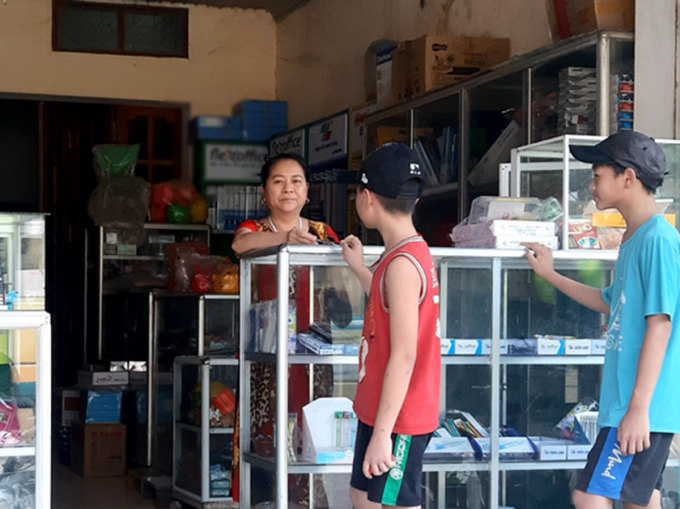
Ms. Le Thi Ha (Yen Son, Tuyen Quang), the owner of a sole proprietorship, has had her compulsory social insurance collected against regulations for 13 years, and now her pension is still "suspended" because there is no mechanism to resolve it. Photo: Xuan Hoa
- What is the responsibility of the Social Insurance sector from the central level to the grassroots collection staff when the wrong collection has been going on for a long time and has not been completely resolved?
- The General Director of Vietnam Social Security recently issued a document severely criticizing the localities that collected incorrect amounts and requested a review to learn from experience. Because the incident happened a long time ago, many local social security staff and officers have retired or are no longer around, so the responsibility to resolve this issue is now being taken over by the current person. Vietnam Social Security will also learn from experience in managing and supervising the implementation of revenue and expenditure in the localities.
- How do you assess the impact of incorrect collection on the confidence of business owners when the upcoming revised Law on Social Insurance will include this group in the mandatory payment category?
- I think the whole industry is trying to deal with the consequences and propose solutions to ensure the rights of workers. Household owners can rest assured to place their trust and accompany social insurance in implementing the social security policies of the Party and State.
After this incident, we must also see that sometimes reality arises while the policy mechanism has not met the requirements. Many high-income earners want to participate in social insurance but the law has not taken this into account, unintentionally creating barriers. The roadmap for amending the law in the future will need to consider expanding the number of contributors in the direction of only needing income without necessarily having to have a contract or labor contract.
A business household is owned by an individual or a group of individuals who are Vietnamese citizens aged 18 years or older with full civil capacity, or a household, registered to do business at one location and employing less than 10 workers. The business household owner is an individual or a person in the household authorized by other members to represent the business household. According to current regulations, business households must pay compulsory social insurance for hired and contracted workers; the business household owner is not subject to compulsory payment.
The current social insurance policy is divided into two types: compulsory and voluntary. Compulsory social insurance is for areas with contracts and agreements that both employees and employers must participate in. Employees are entitled to benefits including retirement, death, maternity, accident, illness, occupational disease, and unemployment benefits.
Voluntary social insurance is for workers of working age in the informal sector, without any relationship or labor contract. Workers can choose the contribution level according to regulations, receive partial support from the state, and only receive retirement and death benefits.
Hoang Phuong
Source link




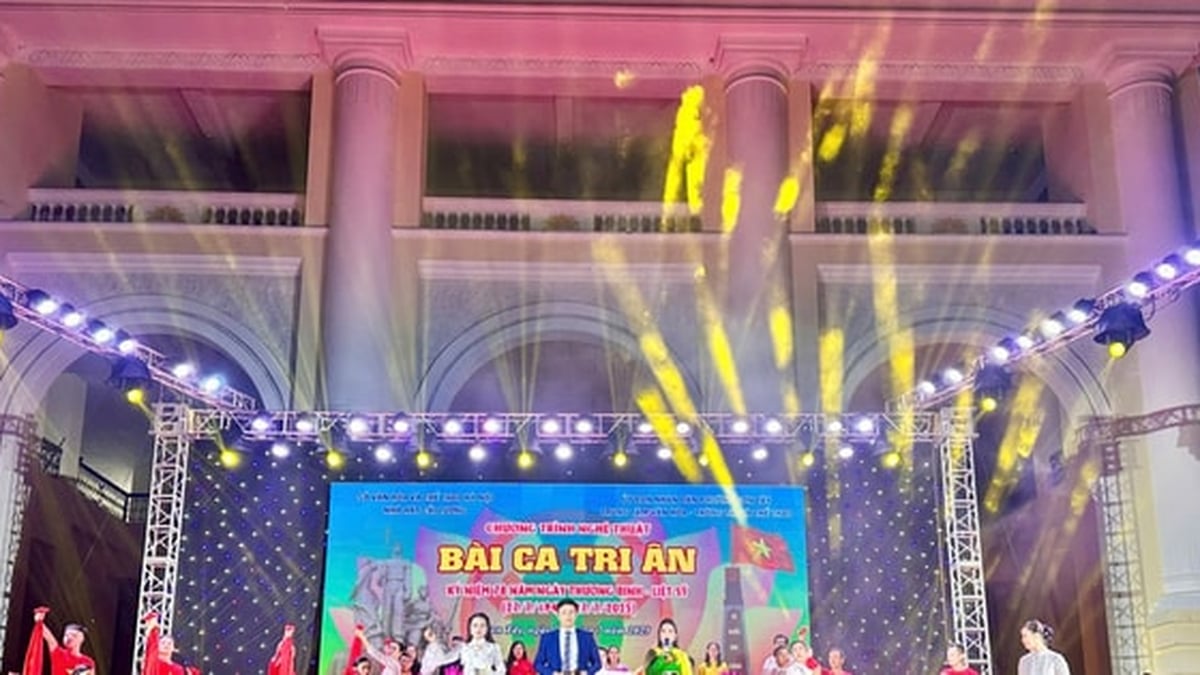

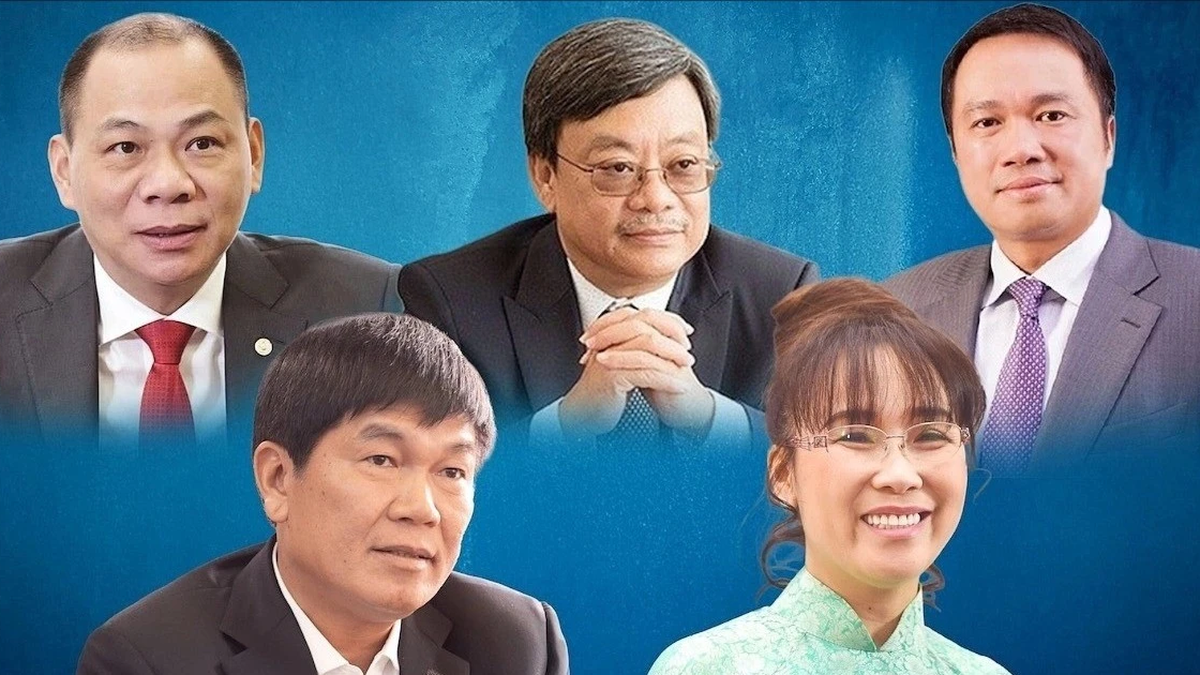
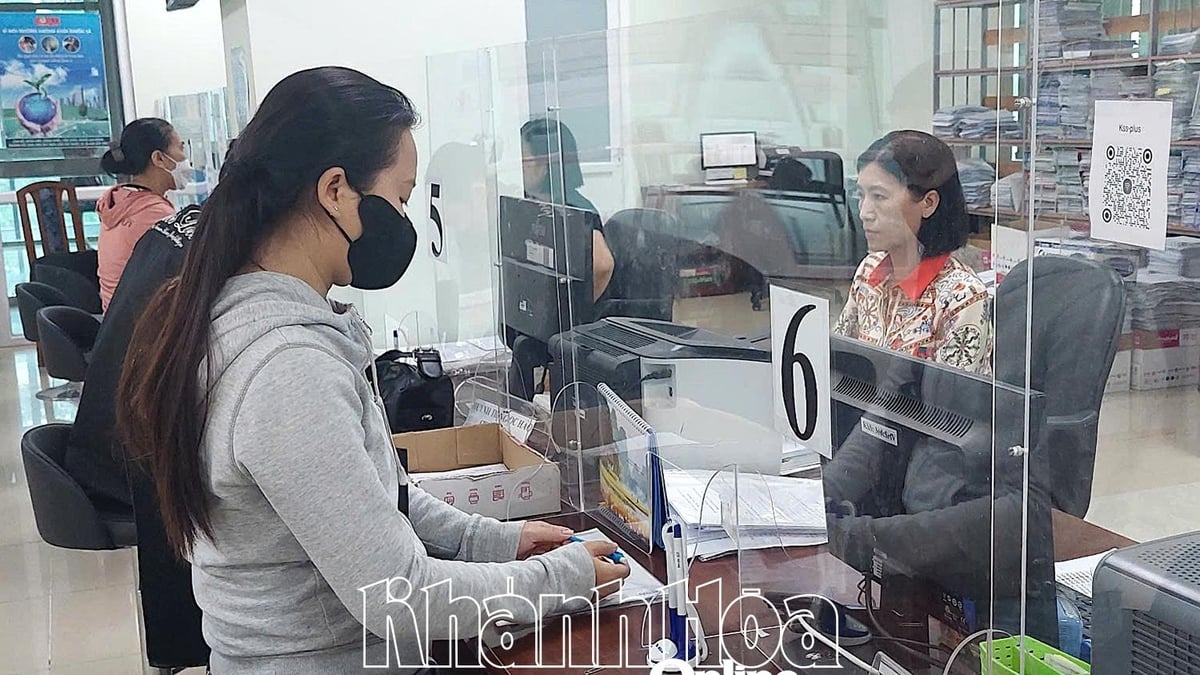
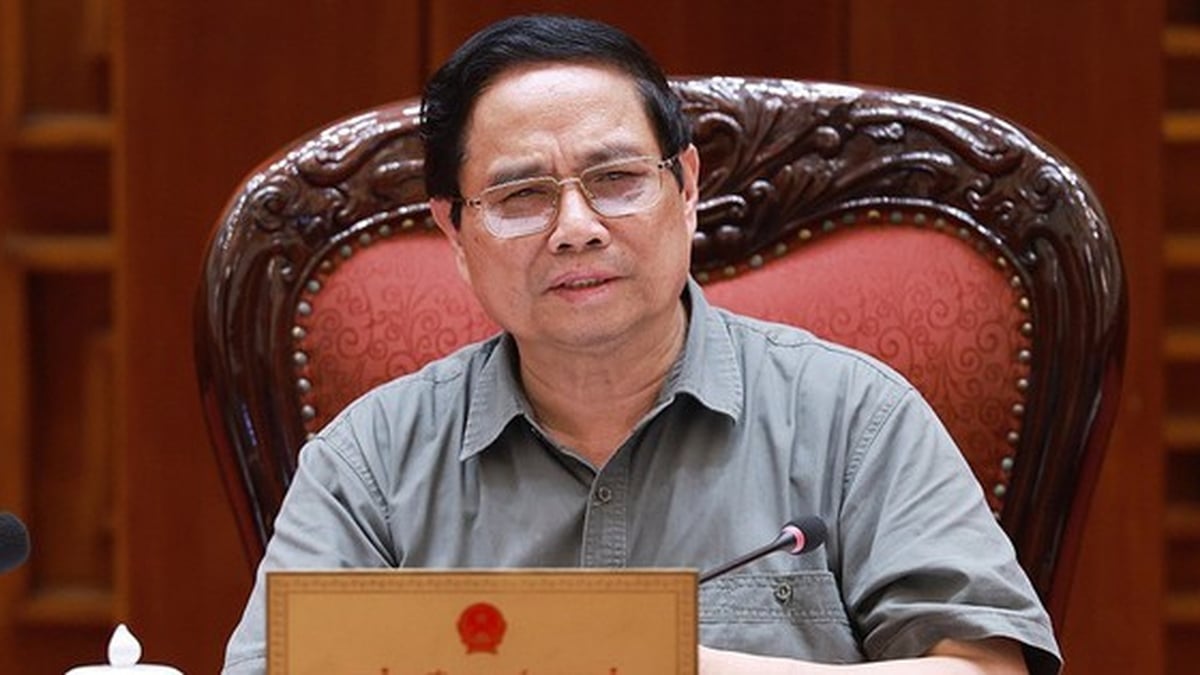
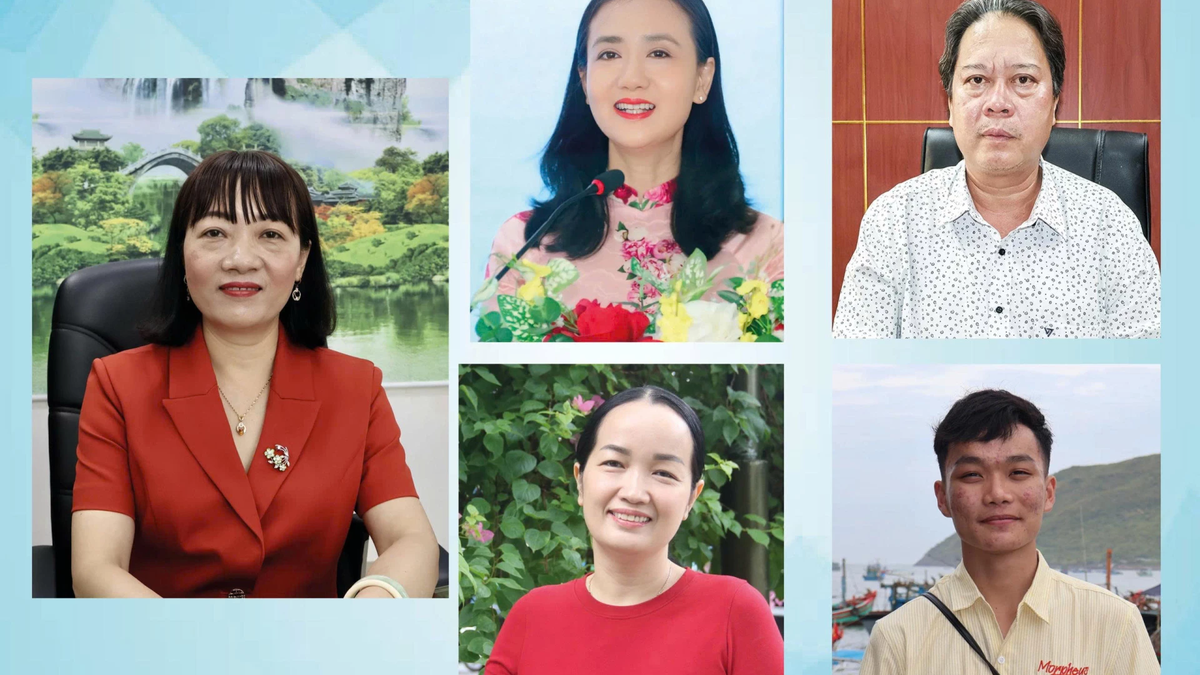
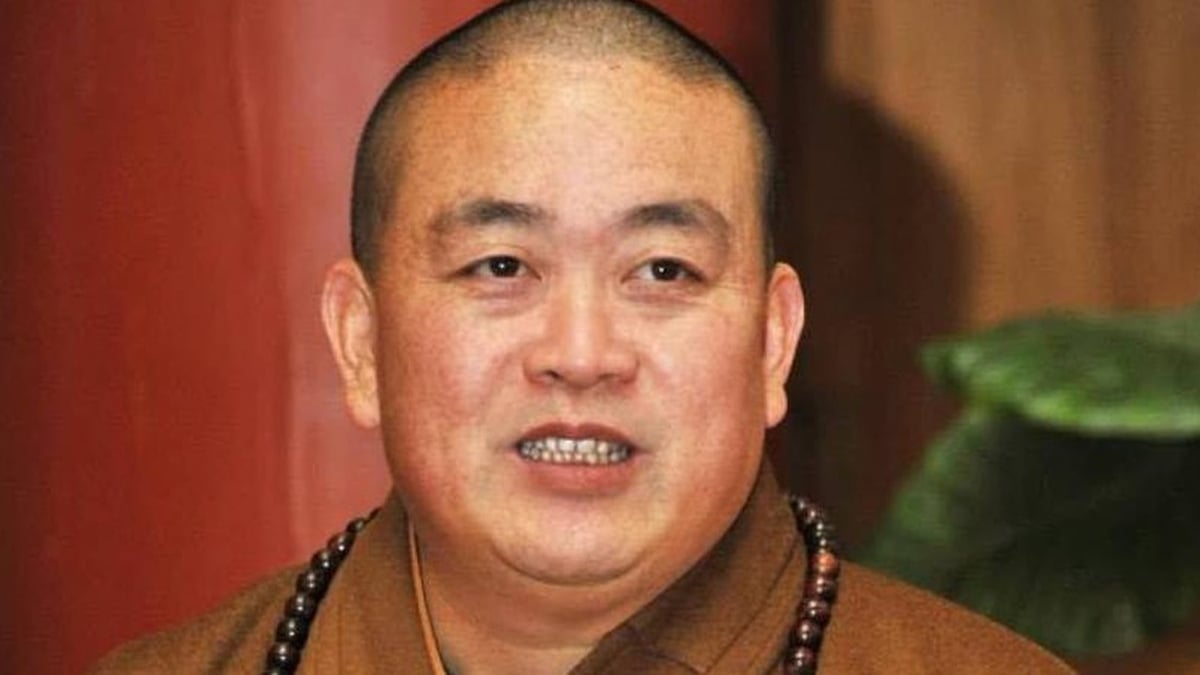
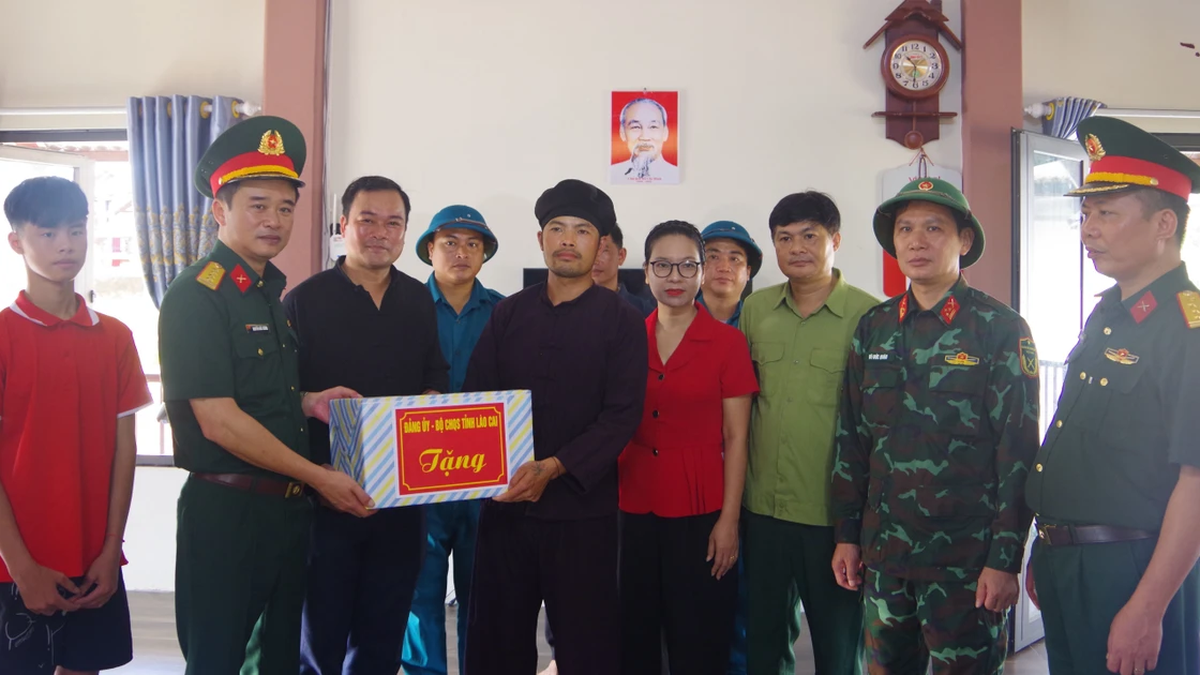























































































Comment (0)